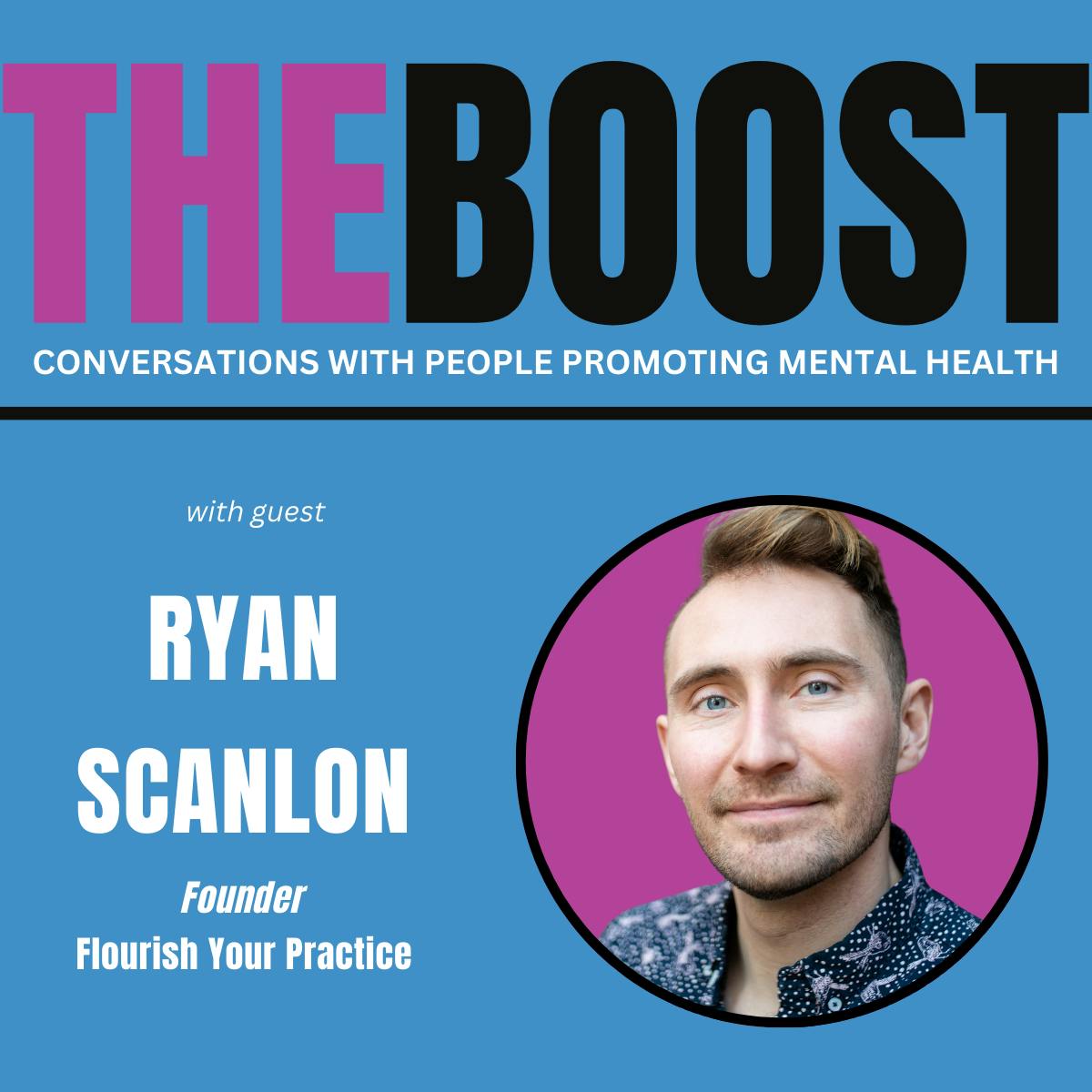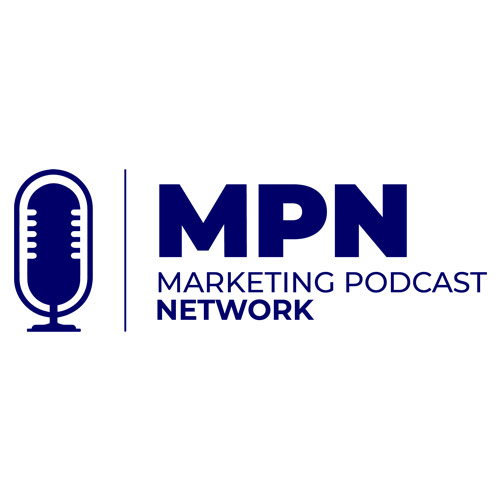
Share the goodness!
Summary
In this conversation, Steve Turney interviews Ryan Scanlon, the founder of Flourish Your Practice, about his work in helping behavioral health companies with sales and marketing. Ryan shares how his high school teacher inspired him to pursue a career in behavioral health and the impact it had on his life. They discuss the common pain points clinicians face in sales and marketing, including limited bandwidth and the need to monetize their services. They also explore the challenges of the traditional hourly block structure and the need to expand the definition of mental health professionals to meet the growing demand for services.
The conversation concludes with a discussion on alternative care models and the importance of personalized approaches to health and wellness. In this conversation, Ryan Scanlon discusses the state of psychedelics and different approaches to legislation. He highlights the decriminalization of psilocybin in Oregon and the implementation of an innovative infrastructure for psilocybin services. Ryan also addresses the financial barriers for psilocybin facilitators and the progress of psychedelic legislation in Colorado. He then focuses on MDMA-assisted psychotherapy and its effectiveness in treating PTSD. Ryan emphasizes the healing potential of MDMA for trauma, particularly in veterans and individuals with complex trauma. The conversation concludes with a discussion on intentionality and the importance of spiritual health.
Takeaways
Clinicians often face challenges in sales and marketing due to limited bandwidth and a lack of business training in their formal education.
The traditional hourly block structure can be a barrier to expanding services and meeting the growing demand for mental health care.
There is a need to expand the definition of mental health professionals and explore alternative care models, such as peer support, to address the bottleneck in the mental health workforce.
Personalized approaches to health and wellness, including alternative modalities and self-care practices, can play a significant role in improving mental health outcomes.
Psilocybin has been decriminalized in Oregon, and the state has implemented an innovative infrastructure for psilocybin services.
Financial barriers, such as high costs and annual fees, pose challenges for psilocybin facilitators.
MDMA-assisted psychotherapy shows promise in treating PTSD, particularly in veterans and individuals with complex trauma.
Intentionality is crucial for personal growth and spiritual health, and it requires examining one’s intentions and being conscious of how one shows up in relationships and daily life.
Sound Bites
Chapters
00:00
Introduction and Background
02:10
Flourish Your Practice: Helping Behavioral Health Companies
05:42
Impact of High School Teacher on Ryan’s Career Choice
09:21
Common Pain Points in Sales and Marketing for Clinicians
12:26
Challenges of Traditional Hourly Block Structure
14:16
Expanding the Definition of Mental Health Professionals
20:46
Exploring Alternative Care Models
22:21
Applying the Peer Support Model
22:51
Personalized Approaches to Health and Wellness
23:18
Psychedelics and Different Approaches to Legislation
24:09
Psilocybin in Oregon
25:31
Financial Barriers for Psilocybin Facilitators
26:27
Psychedelic Legislation in Colorado
28:22
MDMA-Assisted Psychotherapy and PTSD
29:18
The Healing Potential of MDMA for Trauma
32:29
Intentionality and Spiritual Health
36:16
The Consciousness and Unconsciousness
38:05
The Intersection of Mind, Body, and Spirit
41:17
Holistic Approaches to Mental Health
42:31
Recommendation: ‘The Creative Act: A Way of Being’ by Rick Rubin
Learn more about your ad choices. Visit megaphone.fm/adchoices
